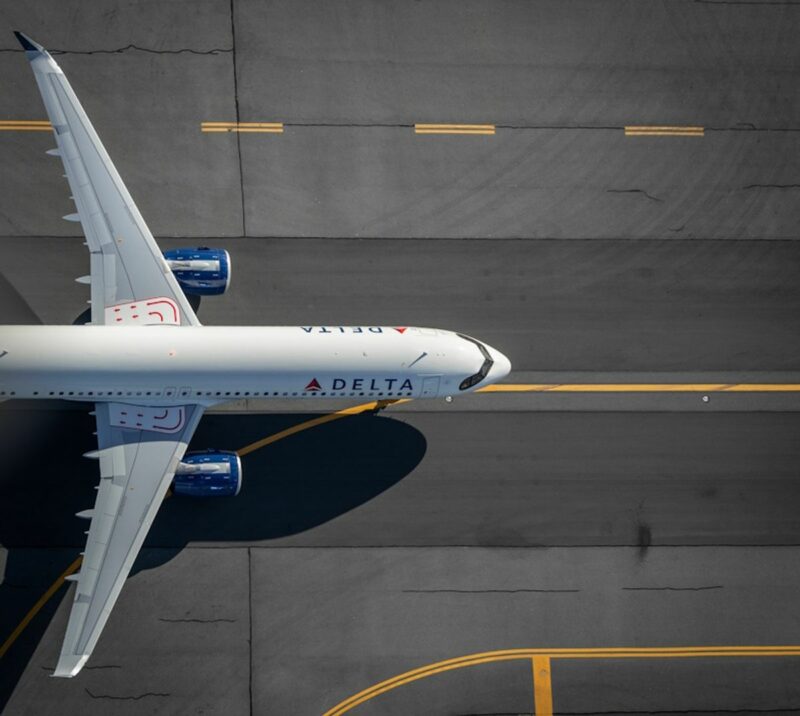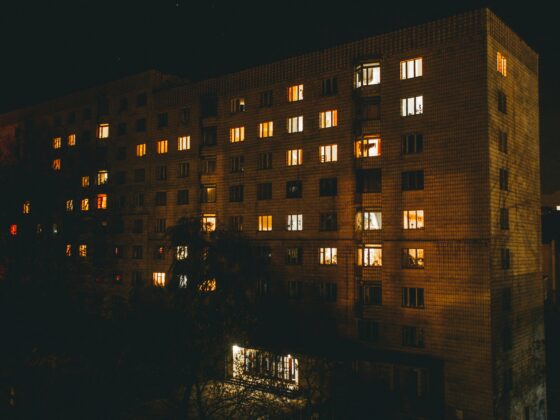
It’s been a buoyant cycle for hotels in Ireland: long, sustained periods of rising demand, and either constrained supply, or new supply that has been easily absorbed. Transactions have also been strong on the back of these favorable dynamics.
For example, the 4-Star Ruby Molly Hotel in Dublin 7 reportedly sold to German group Deka Immobilien as a lease deal this year for €86m (€316k per key). While Deka is known as a leading global real estate fund, the buyer pool for Irish hotel assets in general has been diverse. Capital has come in from various sources – high net worths, family offices, real estate funds and private equity – and closed transactions across both single assets and platforms.
Readily available credit (national banks like AIB and Bank of Ireland, but also private credit) has also been a further facilitator of deal activity, albeit at more reasonable loan-to-value ratios than past cycles.
The question now is whether a storm is brewing: a storm of new transaction volume highs led by large-scale platform deals, or a storm of trading upheaval, comprising the current period of relative calm. Irish hotels have been delivering sold profit & loss performance for several years running.
Why Investors Like Irish Hotels
One key driver of deals during this cycle has been Ireland’s perceived and real ease of entry (i.e. transparent legal, debt and operating frameworks), particularly for overseas buyers. But it’s not just overseas buyers that have been active, domestic groups like Cork-based Cliste Hospitality have also joined the acquisiton wave.
With the acquisition of the 69-bedroom Keadeen hotel in Kildare, they expanded to their 15th property under management. Whichever the buyer type, the investment thesis for Irish hotels has been lining up well.
The combination of business drivers (Ireland being the gateway to the EU, a tax favorable environment and center for financial and tech sectors) has paried with robust tourism figures. According to the Central Statistics Office, for the full year of 2024, an estimated 6.6m international visitors travelled to Ireland, up 6.7% on 2023. At the same time, the domestic market has proven resilient and further bolstered trading.
The results have been impressive, especially in Dublin where hotel occupancy has been above 80% for the last two years. An average daily rate (ADR) of €180 recorded in 2023 was already 27% above 2019 levels. These are staggering figures, even considering the post-Covid recovery.
Transaction Volumes and Market Performance
From an investor standpoint, the combination of these factors has allowed for investor underwriting to show improving performance, a potential further tightening of yields and strong overall deal returns, at least on paper.
Volumes have therefore soared to just shy of €1bn (including development sites and hostel transactions) for 2024; this placed Ireland sixth on an HVS European Hotel Transaction volume comparison chart. Activity like this was last seen in Ireland in 2015, but the volume level has not been reached since the previous peak of €1 billion in 2006, just before the Global Financial Crisis.
It is reported by CBRE that transaction volumes could approach another €800m in 2025, with several anticipated platform sales and pending deals on the horizon. A successful acquisition of Dalata Group, reportedly being bid by major players at a potential valuation of €1.7bn, would surely shatter any historic transaction volume records for the country in a single year.
Signs of a Market Shift in Ireland
We appear to be well progressed in a cycle of positive hotel performance, but off the cycle highs and with increasing clouds on the horizon. In the year to December 2024, national RevPAR still increased by 0.5%. However, the Dublin market RevPAR already peaked in 2023 and fell by 2.2% in 2024.
In the short-term, hoteliers have and can trim costs to combat inflationary factors and/or softening RevPAR levels, but there are other looming factors. The Irish Tourist Industry Confederation (ITIC) recently reported that the current geopolitical climate could jeopardize US tourism arrivals to Ireland.
This is no surprise, given this market comprises up to 35% of the total Irish tourism spend each year. Even a small negative shift in the value of the US Dollar against the Euro is very detrimental. Those shifts have already occurred, and so the impact is now beginning.
One other less studied factor relates to Ireland’s structural housing shortage and its impact on hotel performance. To house an influx of refugees to Ireland, the Government has relied on Irish hotels for inventory and signed multi-year government-backed contracts to do so. In more challenging Covid-era times, this benefited hoteliers.
Now one must consider the impact that a future void in these contracts would create when they end. In 2024, Fáilte Ireland reported that 28% of all registered tourism bed stock was contracted to the State. Given the cycle, backfilling these extra rooms with tourists, especially in a more challenging operating environment, may not be possible.
And then, there is new supply in the Capital; another 3,000 rooms are expected to be delivered in Dublin between 2025 and 2026.
Pathways to Prolonged Growth
Nevertheless, we sit in a period of relative calm with Irish hotels delivering sold profit & loss performance for several years running, which is driven by good overall fundamentals. Together with minor shifts in cost structure, new tech-driven efficiencies and/or positive policy shifts (e.g. a fresh reduction in VAT) – we’ve seen precedents for even progressed cycles to be prolonged for years.
Critical to this favorable outcome, and allowing the good times to keep rolling, is Dublin Airport. The current passenger cap of 32m, if lifted today, would drive waves of new demand into Irish hotels. Government consultants state that the existing airport infrastructure can handle 36m passengers per annum without additional work (or impact on service). Since the passenger demand is already reportedly there to hit that level, the release of this major incremental influx in arrivals would be a major benefit for Irish hoteliers.
In other words, a policy shift could further extend or indeed recoup Irish hotel performance in the short-term. The general expert consensus is that Dublin remains undersupplied in terms of hotel rooms, so that new supply would continue to be absorbed.
A Solid Base for Global Expansion
Ireland has for a long time proven an excellent home base for hotel companies. The clear operating framework – coupled with access to a pool of talented professionals, entrepreneurial local Management teams and embedded culture of Irish hospitality – has given rise to successful homegrown platforms such as Prem Group and Dalata.
With a solid footing in the home market to drive cash flow, these platforms have also proven capable of gaining footholds abroad (for example, in the USA, UK and BeNeLux). In fact, there could be a lot more of these expansion plans to come. In 2024, the sale of a majority stake in the Dean Hotel Group portfolio to Lifestyle Hospitality Capital (LHC) embodied one such strategy, where an investor will take an Irish hotel concept into new markets overseas.
LHC has already acquired an asset in Munich to fold into the Dean brand. Several major Irish hotel platforms seem ready for a change of ownership, but it remains to be seen which transactions will materialize. CoStar reported that Apollo Global Management withdrawn the sale of the circa €500M Tifco Irish hotel portfolio in 2024, instead opting to refinance.
Dry powder for acquisition and good credit remains available, at least of the time being. But, unlocking major Irish platform transaction at this point of the cycle will take a combination of fresh thinking (e.g. global alliances and re-brandings), a clear plan for overseas expansion, and a prolonged strong performance for the hotels on home soil.






